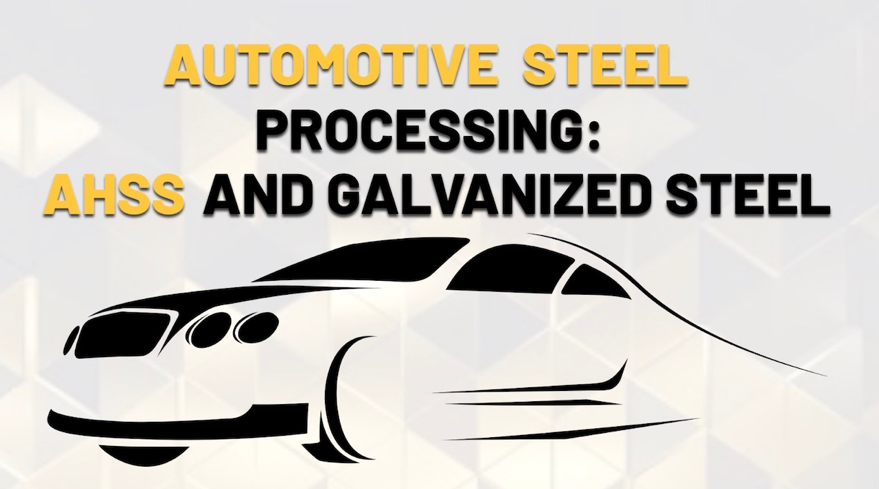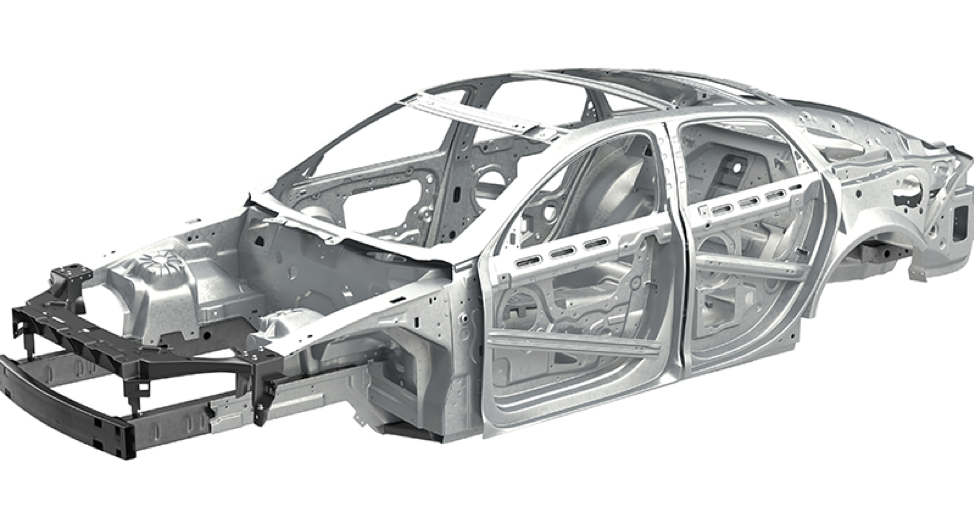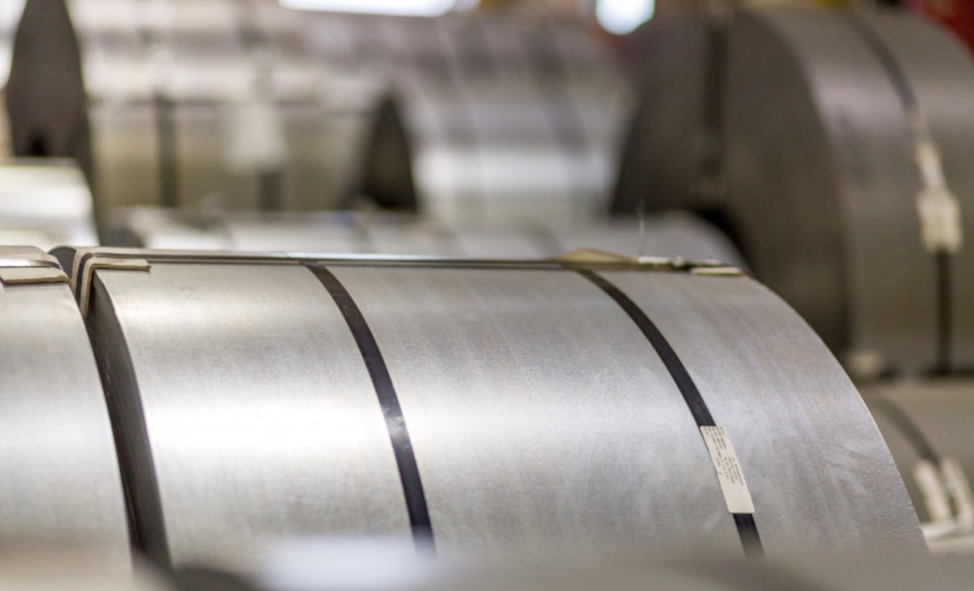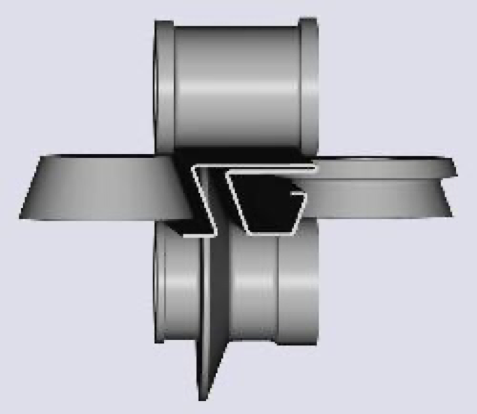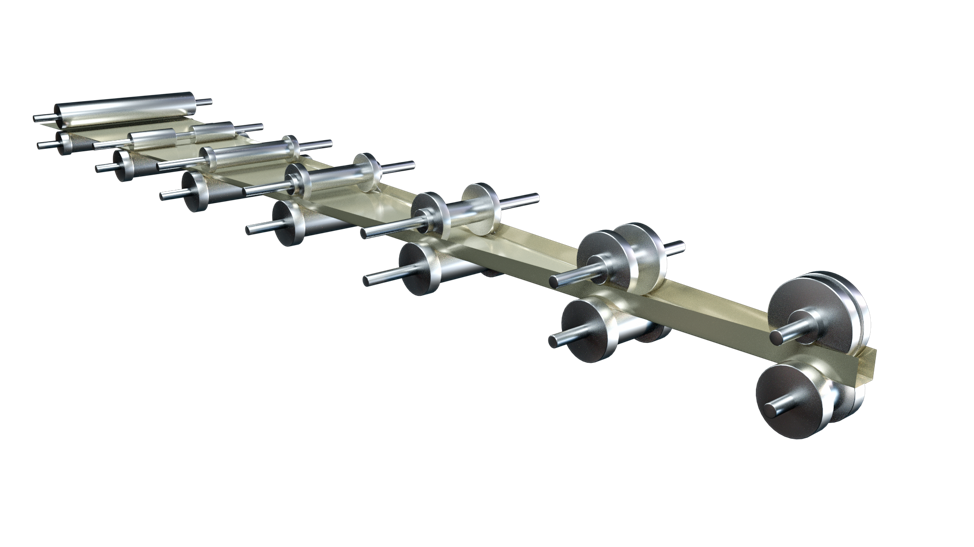Steel Breakdown: Types, Classifications, and Numbering Systems

In this blog, we will take an in-depth look at some of the most common categories of steel, what makes them different, and what to consider when deciding which type of steel is right for you.
Enhance Your Projects with Expert Steel Processing Solutions
Four Types of Steel
According to the American Iron & Steel Institute (AISI), steel can be categorized into four basic groups based on the chemical compositions:
1. Carbon steel
2. Alloy steel
3. Stainless steel
4. Tool steel
All steel is composed of iron and carbon. It is the amount of carbon, and the additional alloys, that determine the properties of each grade. There are many different grades of steel that encompass varied properties. These properties can be physical, chemical, and environmental. Let’s take a closer look!
Carbon steels contain trace amounts of alloying elements and account for 90% of total steel production. Carbon steels can be further categorized into three groups depending on their carbon content:
● Low carbon steels/mild steels contain up to 0.3% carbon
● Medium carbon steels contain 0.3-0.6% carbon
● High carbon steels contain more than 0.6% carbon
Alloy steels contain alloying elements (e.g. manganese, silicon, nickel, titanium, copper, chromium, and aluminum) in varying proportions in order to manipulate the steel’s properties, such as its hardenability, corrosion resistance, strength, formability, weldability, or ductility. Applications for alloy steels include pipelines, auto parts, transformers, power generators, and electric motors.
Stainless steels generally contain between 10-20% chromium as the main alloying element and are valued for high corrosion resistance. With over 11% chromium, stainless steel is about 200 times more resistant to corrosion than mild steel. These steels can be divided into three groups based on their crystalline structure:
Austenitic: Austenitic steels are non-magnetic and non-heat-treatable, and generally contain 18% chromium, 8% nickel, and less than 0.8% carbon. Austenitic steels form the largest portion of the global stainless steel market and are often used in food processing equipment, kitchen utensils, and piping.
Ferritic: Ferritic steels contain trace amounts of nickel, 12-17% chromium, less than 0.1% carbon, along with other alloying elements, such as molybdenum, aluminum, or titanium. These magnetic steels cannot be hardened by heat treatment but can be strengthened by cold working.
Martensitic: Martensitic steels contain 11-17% chromium, less than 0.4% nickel, and up to 1.2% carbon. These magnetic and heat-treatable steels are used in knives and cutting tools, as well as dental and surgical equipment.
Tool steels contain tungsten, molybdenum, cobalt, and vanadium in varying quantities to increase heat resistance and durability, making them ideal for cutting and drilling equipment.
Steel products can also be divided by their shapes and related applications:
Long/tubular products: These include bars and rods, rails, wires, angles, pipes, and shapes and sections. These products are commonly used in the automotive and construction sectors.
Flat products: These include plates, sheets, coils, and strips. These materials are mainly used in automotive parts, appliances, packaging, shipbuilding, and construction.
Other products […]




